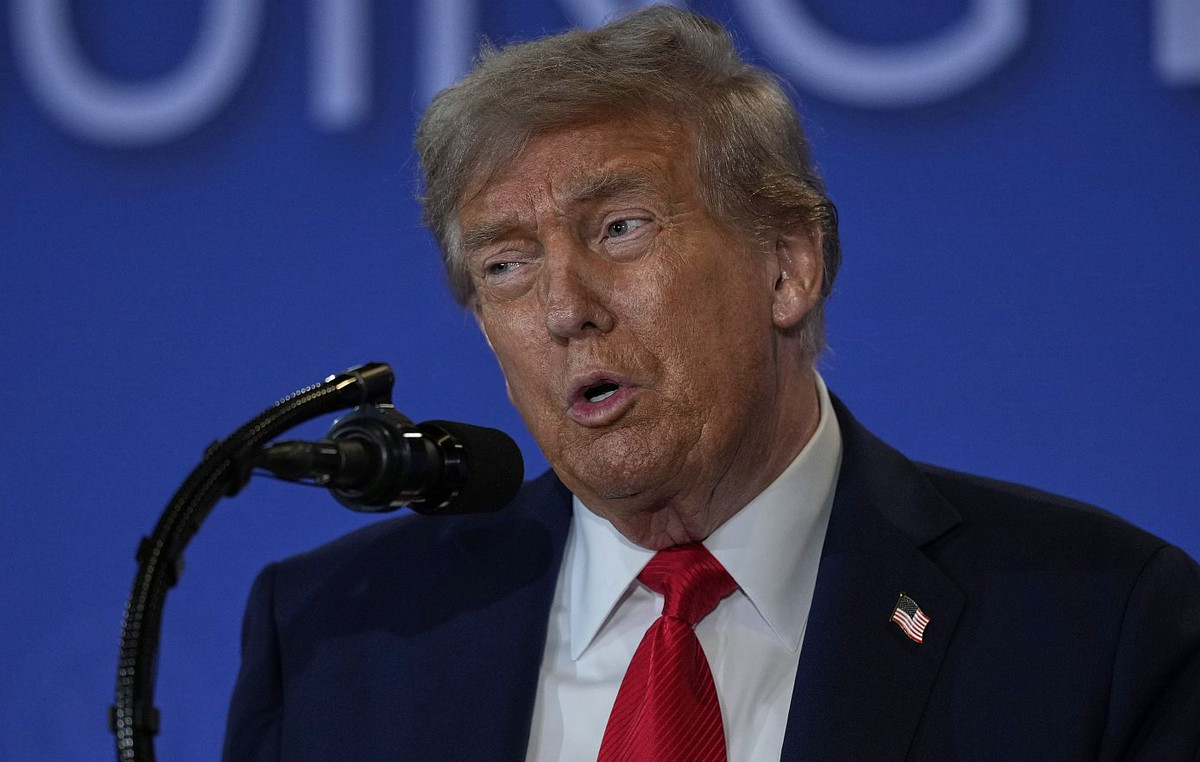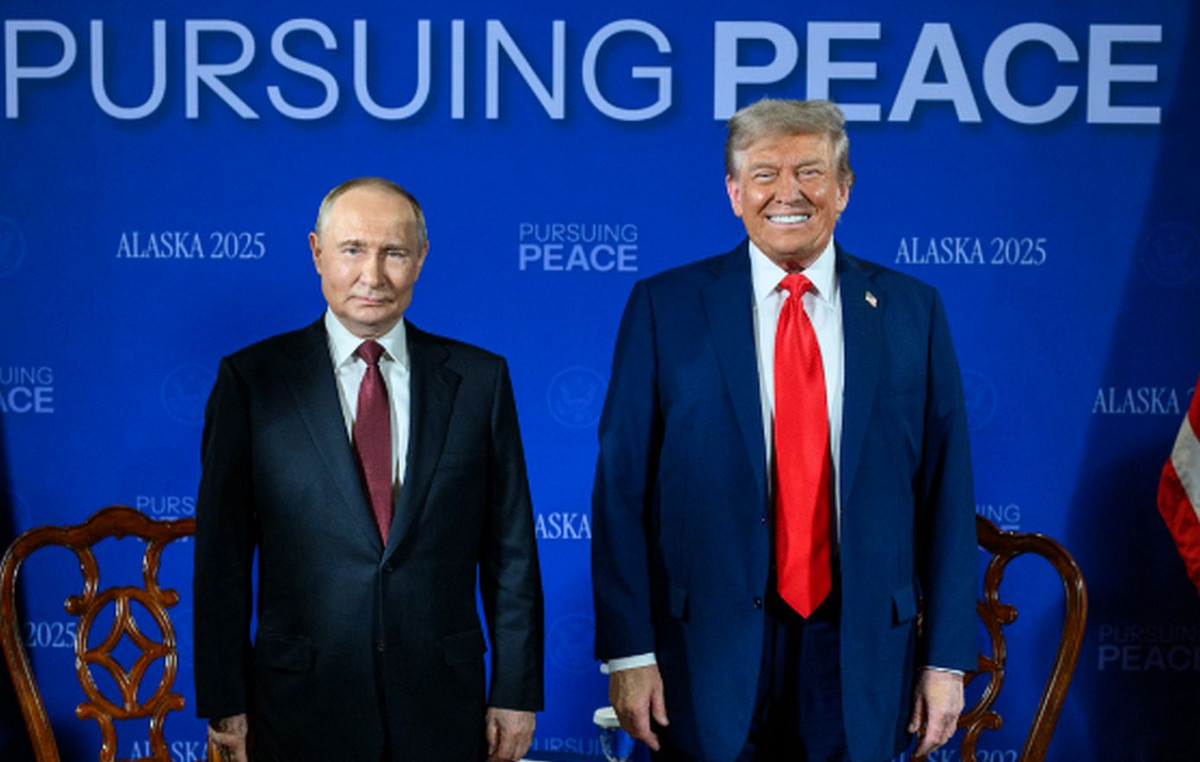- USD/JPY jumps about 148.70 while the US dollar firmly quotes.
- The US president Trump confirmed that he will not fire the president of the FED, Powell.
- Economists hope that the ruling party of Japan will not be able to obtain the majority in the general elections.
The USD/JPY pair earns more than 0.5% to about 148.70 on Thursday. The pair firmly quotes while the US dollar (USD) demonstrates strength, after the rejection of the president of the United States (USA) Donald Trump to the reports indicated by the imminent dismissal of the president of the Federal Reserve (Fed), Jerome Powell.
A Reuters report showed that US president Trump has received a positive response from Republican legislators about the dismissal of Jerome Powell. However, Trump denied the reports but continued to criticize Powell for not reducing interest rates.
During the European session, the US dollar index (DXY), which follows the value of the dollar against six main currencies, quotes about a new maximum of three weeks slightly below 99.00.
Meanwhile, the comments of Fed officials who point to the disagreement of consumer inflation expectations due to sectoral tariffs imposed by Washington have also supported the US dollar. On Wednesday, the president of the Bank of the Federal Reserve of New York, John Williams, said in a speech in the New York Business Economy Association that the impact of tariffs on inflation “has just begun to accumulate” since the additional taxes to nations have not yet been incorporated into the economy.
His comments were backed by the US Consumer Price Index (CPI) for June, which showed that the prices of largely imported goods imported by the US increased drastically.
In Japan, investors doubt political stability since recent surveys indicate that the ruling coalition of Japan – the Democratic Liberal Party (LDP) and Komeito – could lose its majority in the elections of the upper house on July 20, Reuters reported. Such scenario would be unfavorable for Japanese Yen (JPY) at a time when Washington has indicated that a commercial agreement with Japan is unlikely in the short term.
US Dollar – Frequently Questions
The US dollar (USD) is the official currency of the United States of America, and the “de facto” currency of a significant number of other countries where it is in circulation along with local tickets. According to data from 2022, it is the most negotiated currency in the world, with more than 88% of all global currency change operations, which is equivalent to an average of 6.6 billion dollars in daily transactions. After World War II, the USD took over the pound sterling as a world reserve currency.
The most important individual factor that influences the value of the US dollar is monetary policy, which is determined by the Federal Reserve (FED). The Fed has two mandates: to achieve price stability (control inflation) and promote full employment. Its main tool to achieve these two objectives is to adjust interest rates. When prices rise too quickly and inflation exceeds the 2% objective set by the Fed, it rises the types, which favors the price of the dollar. When inflation falls below 2% or the unemployment rate is too high, the Fed can lower interest rates, which weighs on the dollar.
In extreme situations, the Federal Reserve can also print more dollars and promulgate quantitative flexibility (QE). The QE is the process by which the Fed substantially increases the flow of credit in a stuck financial system. It is an unconventional policy measure that is used when the credit has been exhausted because banks do not lend each other (for fear of the default of the counterparts). It is the last resort when it is unlikely that a simple decrease in interest rates will achieve the necessary result. It was the weapon chosen by the Fed to combat the contraction of the credit that occurred during the great financial crisis of 2008. It is that the Fed prints more dollars and uses them to buy bonds of the US government, mainly of financial institutions. Which usually leads to a weakening of the US dollar.
The quantitative hardening (QT) is the reverse process for which the Federal Reserve stops buying bonds from financial institutions and does not reinvote the capital of the wallet values that overcome in new purchases. It is usually positive for the US dollar.
Source: Fx Street
I am Joshua Winder, a senior-level journalist and editor at World Stock Market. I specialize in covering news related to the stock market and economic trends. With more than 8 years of experience in this field, I have become an expert in financial reporting.







